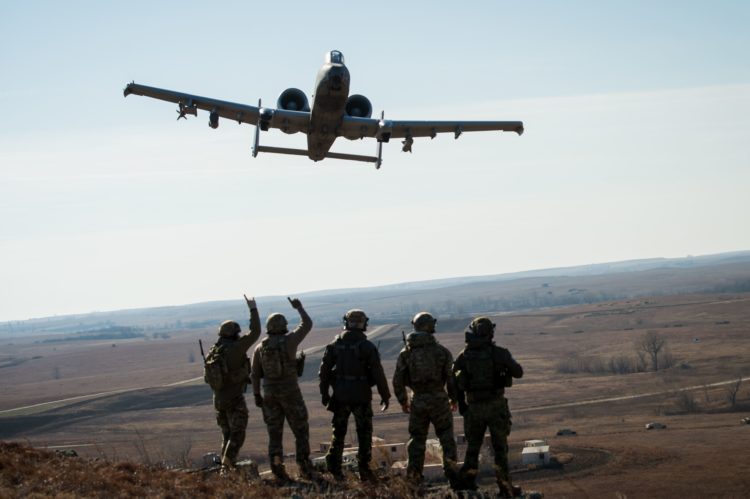The Taliban are accusing the Americans of breaking the peace agreement struck between the two sides at the end of February by continuing to bomb Taliban targets. The two sides met to discuss how to resolve the situation.
The meetings took place in Doha, Qatar, where the Taliban maintain a political office. The Taliban’s chief negotiator Mullah Abdul Ghani Baradar, their designated spokesman Suhail Shaheen, as well as General Scott Miller, the commander of the U.S. forces in Afghanistan, participated in the meeting.
“Our men have been targeted in their residential areas while there is no room for such attacks in the agreement, either by the U.S. or their internal supporters,” Shaheen said, in addressing the Afghan National Army, which the Taliban considers a puppet of or proxy force for the Americans.
“General Miller met with Taliban leadership last night as part of the military channel established in the agreement,” a spokesman for U.S. Forces in Afghanistan released in a statement. “The meeting was about the need to reduce the violence,” he added.
The American position is that as long as the Taliban keep attacking Afghan government troops the U.S. will continue to come to their aid. The Taliban countered with the argument that they have not attacked either U.S. or coalition forces since the agreement in February and that their attacks on the government facilities or bases are not in the cities but only in the outlying areas of the country.
The American Embassy in Karachi released a statement that Pakistan’s military leaders were also in support of the peace deal. Pakistan’s Chief of Army Staff Gen. Qamar Javed Bajwa released a statement in support of the U.S. efforts and pledged his country’s “commitment to act to advance a political settlement to the conflict.”
Shaheen offered that the Taliban are ready to negotiate a countrywide cease-fire but the big sticking point remains the talks between them and the Afghan national government. They say that only through intra-Afghan negotiations, which is the next critical step of the deal, will a lasting ceasefire, a prerequisite to peace, be achieved.
However, in the matter of intra-Afghan negotiations, both Washington and the Taliban are frustrated by the Afghan government’s inability to get anything started. Meetings between the Taliban and the Afghan government had been slated to begin several weeks ago. But they have been held up firstly by the government’s failure to adhere to the agreement and secondly by fractious Afghan politics.
The ongoing rift over last fall’s presidential election is a problem the country does not need. The sitting president, Ashraf Ghani, is still beset by his defeated challenger, Abdullah Abdullah, who has formed a mirror government that no one recognizes. This gives the Taliban more fodder to use as the national government seems not only unable to control the country but incapable of presenting a united front.
The Afghan government has also dragged its feet regarding the call for the release of 5,000 Taliban prisoners in return of 1,000 government prisoners held by the Taliban. Thus far the government has released 300 men who they claim are low-level members of the Taliban. But the Taliban have stated that they cannot verify whether the released prisoners are indeed members of their organization.
“The Kabul regime is creating hurdles in the way of intra-Afghan negotiation by not releasing our prisoners as it is a prerequisite for the commencement of intra-Afghan negotiations,” Shaheen said in a statement to the Associated Press.
Already have an account? Sign In
Two ways to continue to read this article.
Subscribe
$1.99
every 4 weeks
- Unlimited access to all articles
- Support independent journalism
- Ad-free reading experience
Subscribe Now
Recurring Monthly. Cancel Anytime.











COMMENTS